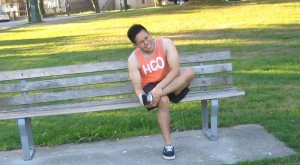Overview Of Foot Problems
- You’re more susceptible to foot difficulties like foot infections, blisters and corns when you older as the skin becomes thin and less flexible.
- But sore or painful feet aren’t a regular part of ageing, and can be managed.
- Foot care complications tend to occur if you’re less mobile than before, especially if you have trouble bending down.
- Reduced eyesight, can also make it difficult for you to care for your feet.
How To Manage Your Feet

Your feet will stay in healthier condition, if you have a consistent foot routine. This consists of:
- Trimming and filing your toenails and maintaining them at a comfortable length
- Moisturizing dehydrated and uneven skin
- Looking for cracks in the skin and swelling such as blisters
- Searching for signs of a foot infection like fungus or other noticeable problems, and getting expert advice
- Selecting appropriate socks and shoes
- Keeping your feet fresh, dry, comfy and warm. Bed socks are a great idea.
If it’s hard for you to implement this routine yourself, see an expert chiropodist for assistance.
Medical Foot Issues
If you have a particular issue with your feet, see your doctor. You don’t have to put up with discomfort and awkwardness in your feet just because you’re getting older.
The majority of foot problems can be managed, which means you will suffer from less pain and able to walk around with more ease.
Related Video On Foot Problems
https://www.youtube.com/watch?v=jjfpOqceRKs
